SOAR Speaks Up for Southeast Asians in Korea
Recent Monthly Meeting Uncovers a Dire Issue
March 22, 2023
Students Organizing Against Racism (SOAR) recently hosted their second monthly SOARing Discussion to tackle discrimination against Southeast Asians in Korea. Stemming from the group’s year long investigation on microaggressions, students discussed issues related to this under-represented demographic, garnering over 20 participants.
Though thousands of foreigners move to Korea each year for work, family, and other personal reasons, many Koreans hold a discriminative view against different racial groups with a specific ethnic hierarchy. Southeast Asians and other people of color receive negative reactions while light skinned individuals often get praised and envied for their looks.
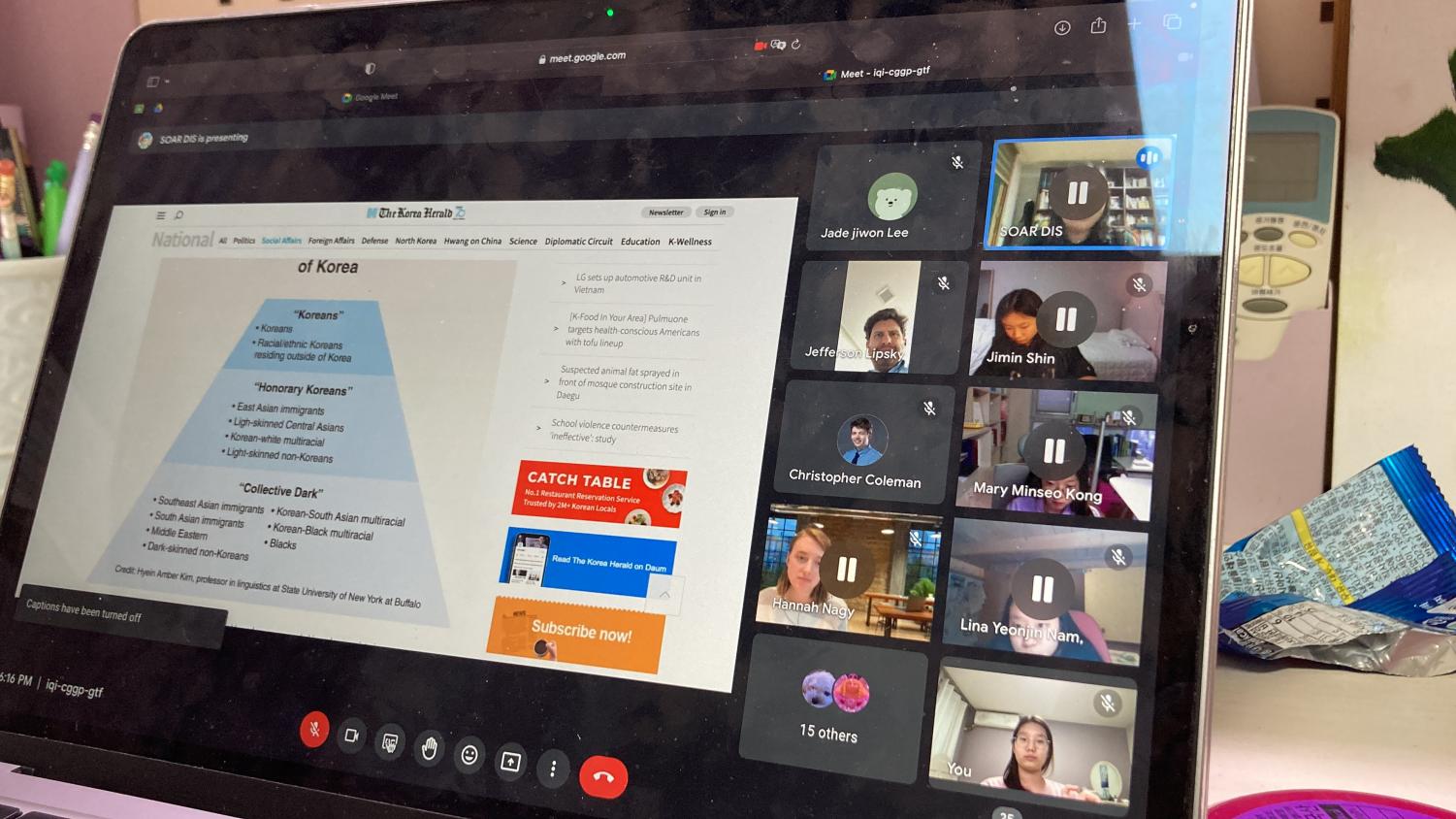
Members acknowledged the significance of this topic, as not many people realize the struggles of Southeast Asians in the country despite many who raise their voices. As 8th grader Lina said, “Before I joined SOAR, I didn’t know that racism was serious in Korea and I didn’t know that there was a thing called Korea’s racist hierarchy.”
The hour-long gathering swept over a broad range of themes, such as what this segregation looks like and why it happens. Selina in 10th grade said, “I think there’s just this perception that Southeast Asians come here to either one – take a Korean worker’s spot to earn money and send it back to their family [or] two – [they’re] super rich and live in a palace.” Ms. Nagy supported this by bringing up a clip of Muhammad Ali’s speech on people associating certain colors with positive or negative connotations.
The group also discussed why discrimination against Southeast Asians is particularly severe than prejudice directed towards other races. Freshman Eunice elaborated on how media representation plays a huge role, “When you see concerts or television shows, idols are often complimented for their white skin. Some idols with such skin have nicknames like Snow White. All this really affects the beauty standard, especially for younger generations.”
Jamila, a junior from the UAE, shared her perspective on the issue of a white-dominated social standard, “After researching [about Korea’s lifestyle], it scared me that Korea is known for its high beauty standards and one of the repetitive beauty standards is having pale skin and that led to concern of fear of racism towards me since I have colored skin. [Fortunately], other than locals staring, I didn’t experience any racism from strangers since my arrival.”
Jamila went on to say, “This was my first SOARing discussion I attended and I was so glad to be part of such an educated and comfortable community. It was a really wide opening insight. Racism has always been dominated towards black and the media associate racism as black and white. So it was really kind of an expansion of what racism is and how a variety of people are affected by it.”
Ryn, an avid 5th grader who actively voiced her opinion throughout the entire meeting, said, “I was really interested about racism against Southeast Asians because I heard in Korea that there are lots of people who get discriminated against because of their nationality, so I just wanted to learn more about that. I think it’s really important to take action against racism because it’s not fair for some people to be treated unfairly because of their race or nationality.”
Ms. Loutsch, DIS English teacher, reflected, “[This] gives me hope for the younger generation with how aware you guys are, and I can see the conversation happening in a positive change that’s going to come about in your generation, so that makes me really happy.”
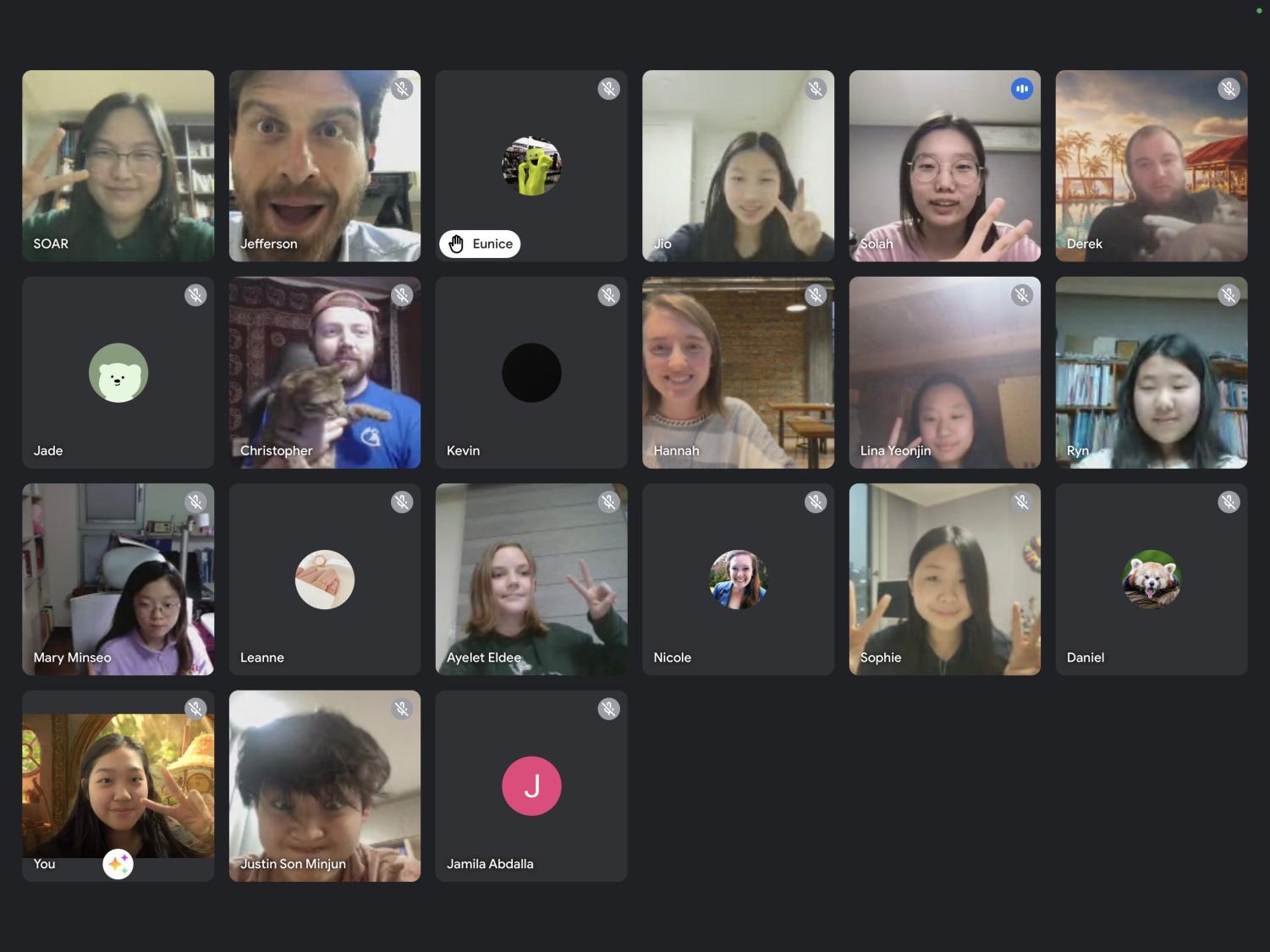
Discrimination against Southeast Asians is often overlooked in Korea despite their large number in our society. However, with the many concerns piqued by our Jets, the future seems hopeful. As Ryn said, “Changes don’t happen in one day, so I think we have to do small things and build up to a good thing.” So keep a look-out for further discussions, as SOAR continues to build a supportive community that actively opposes racism.

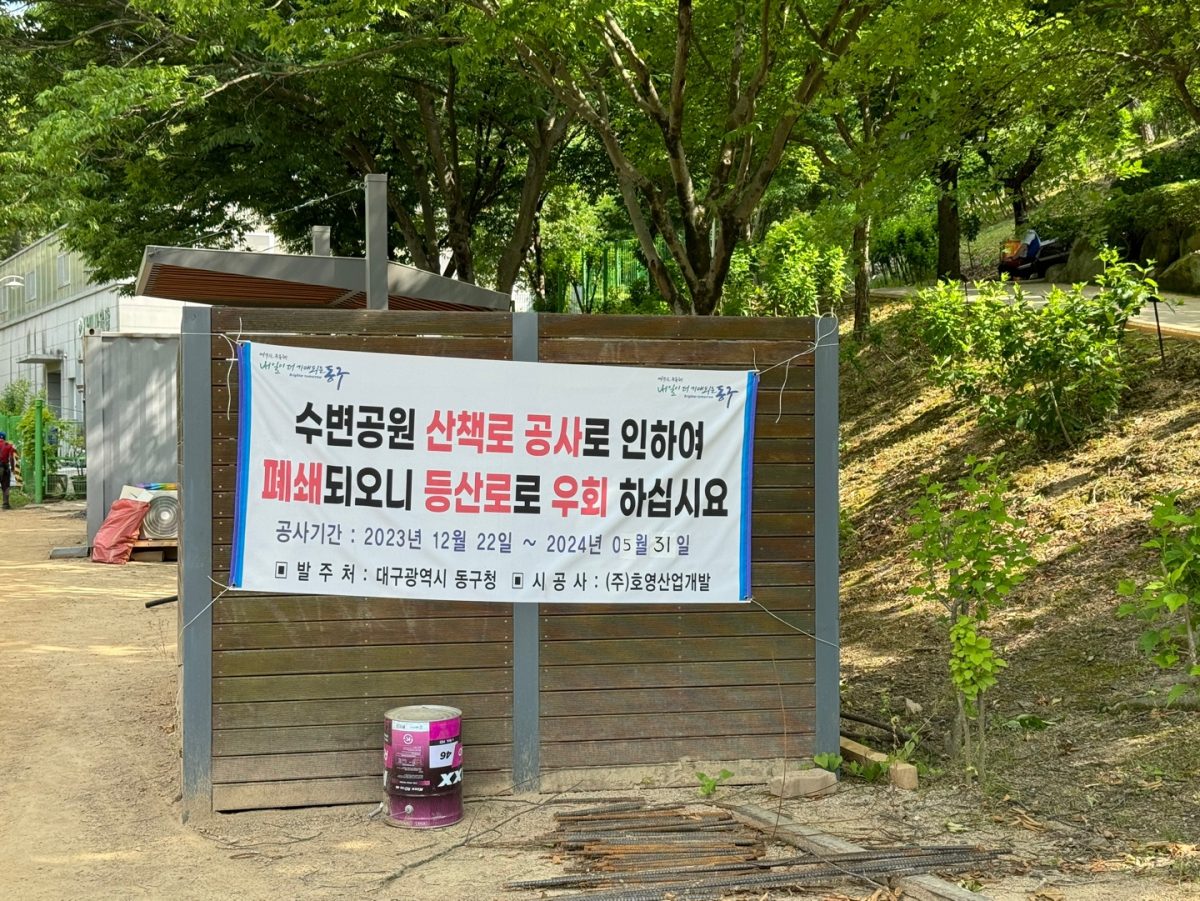
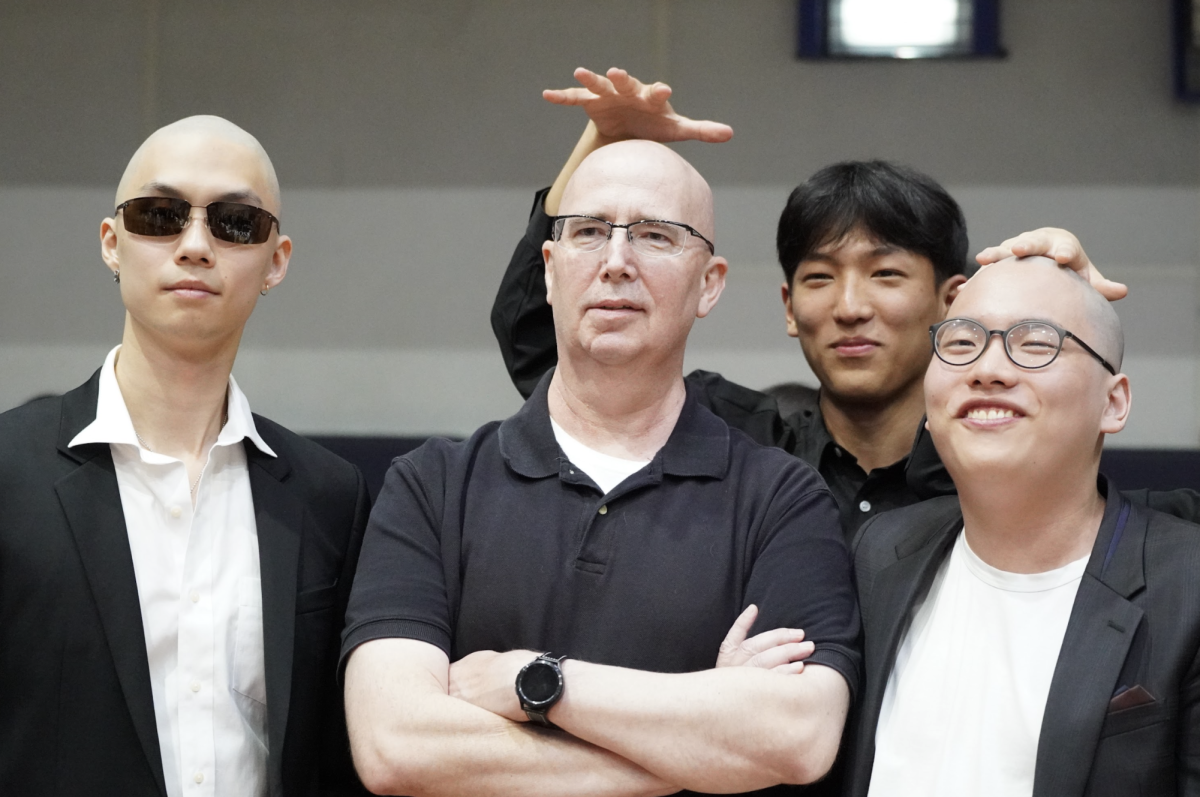


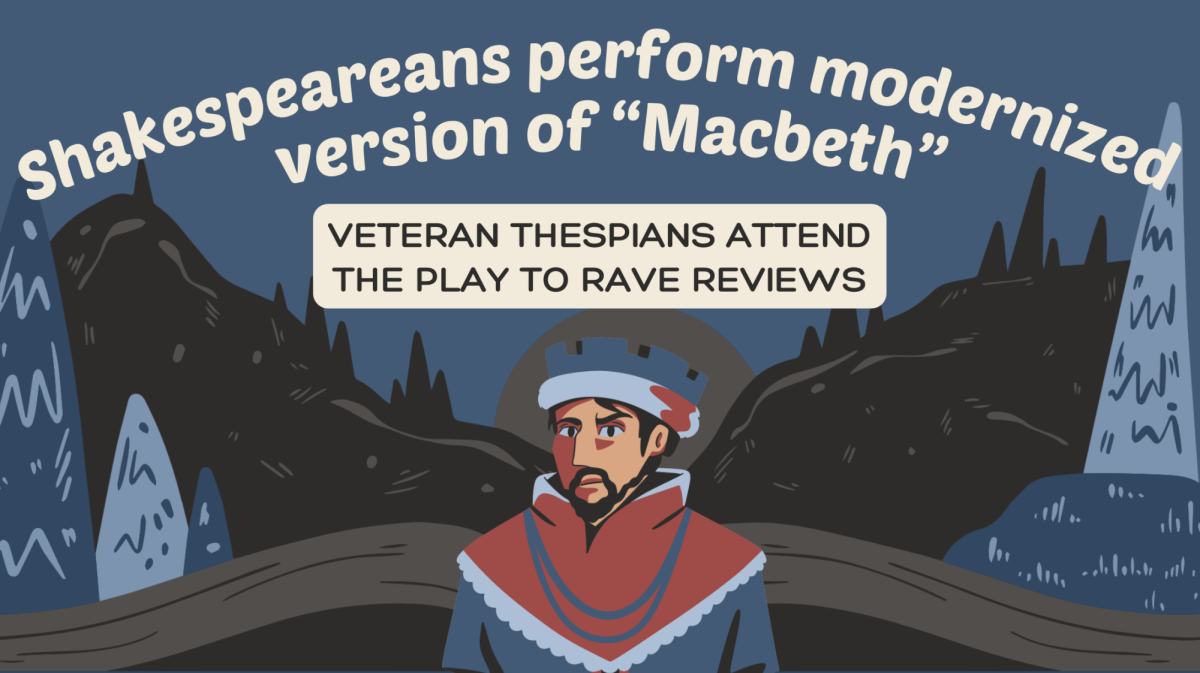

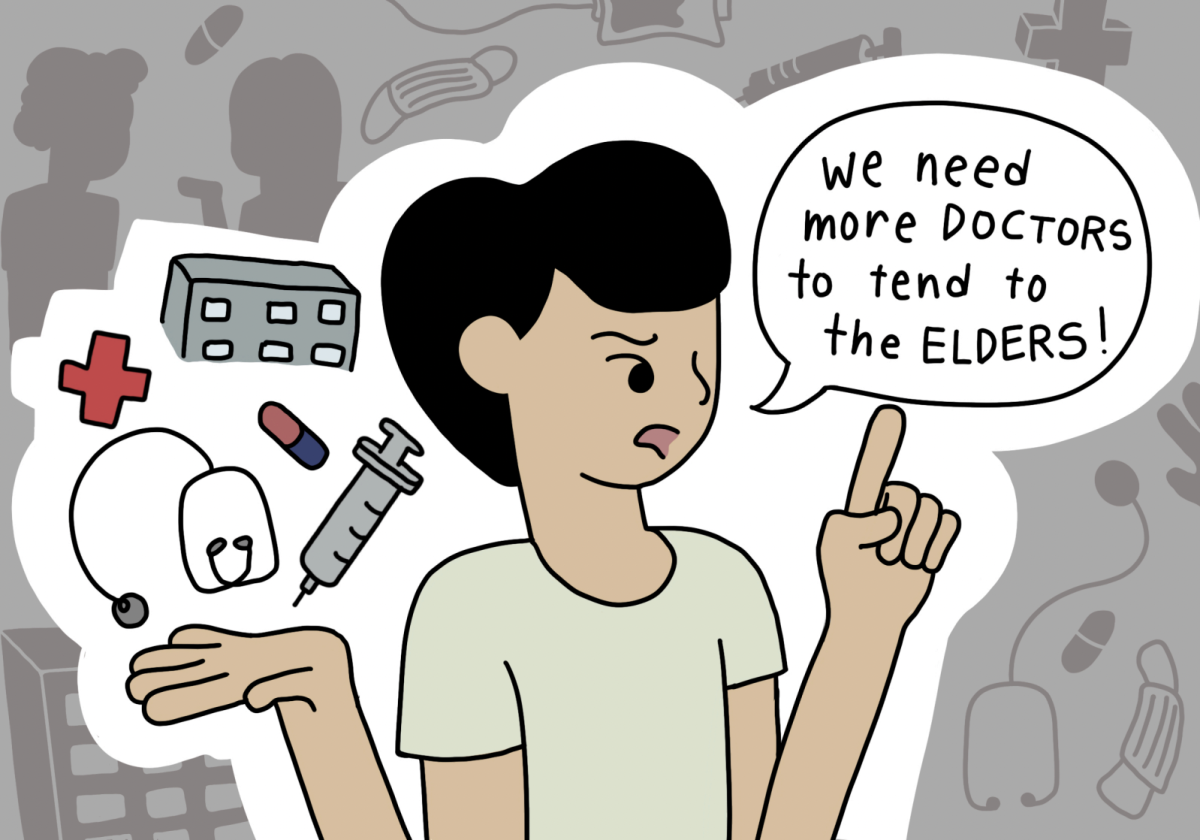


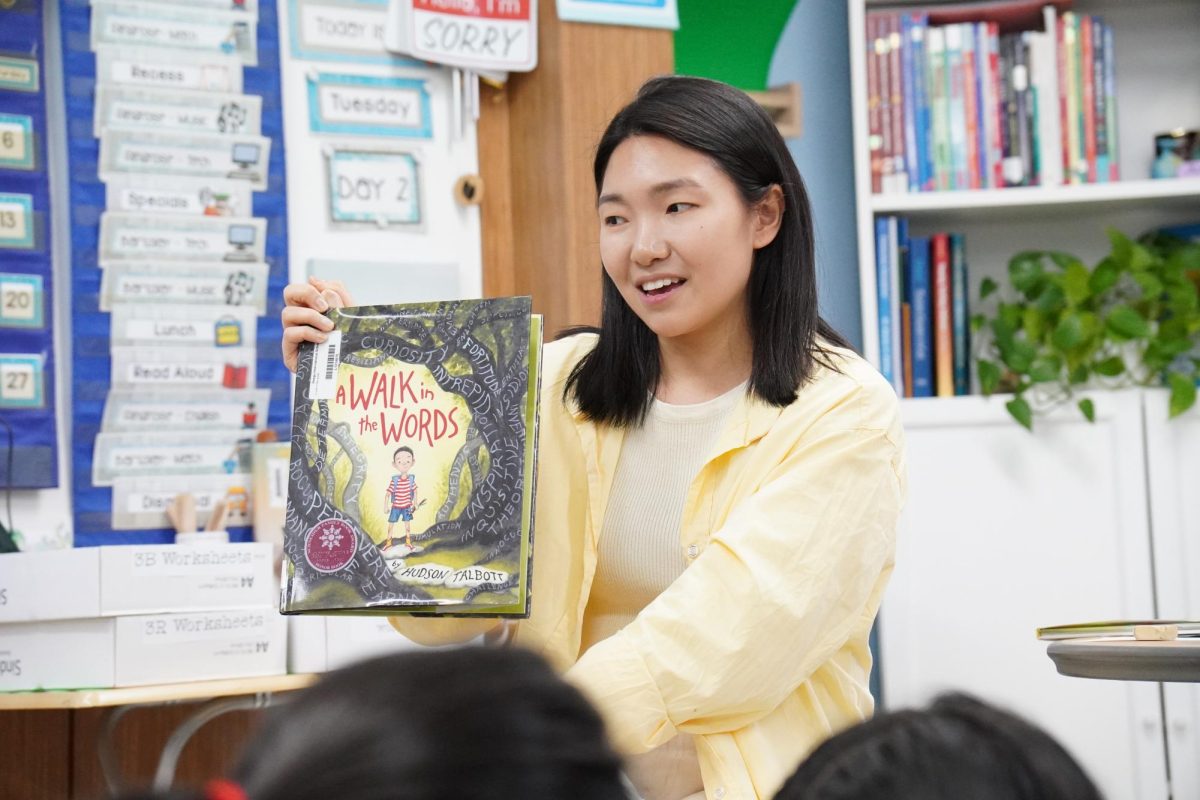
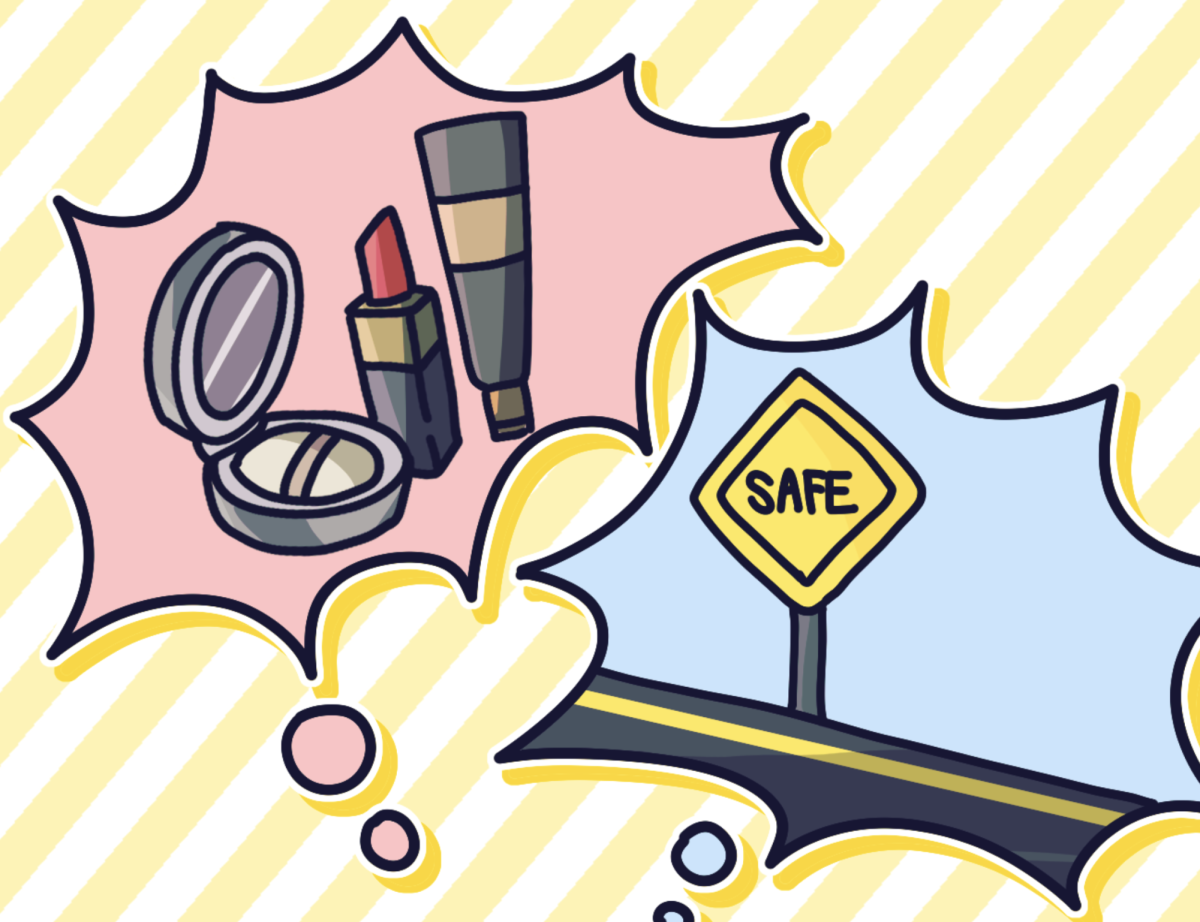
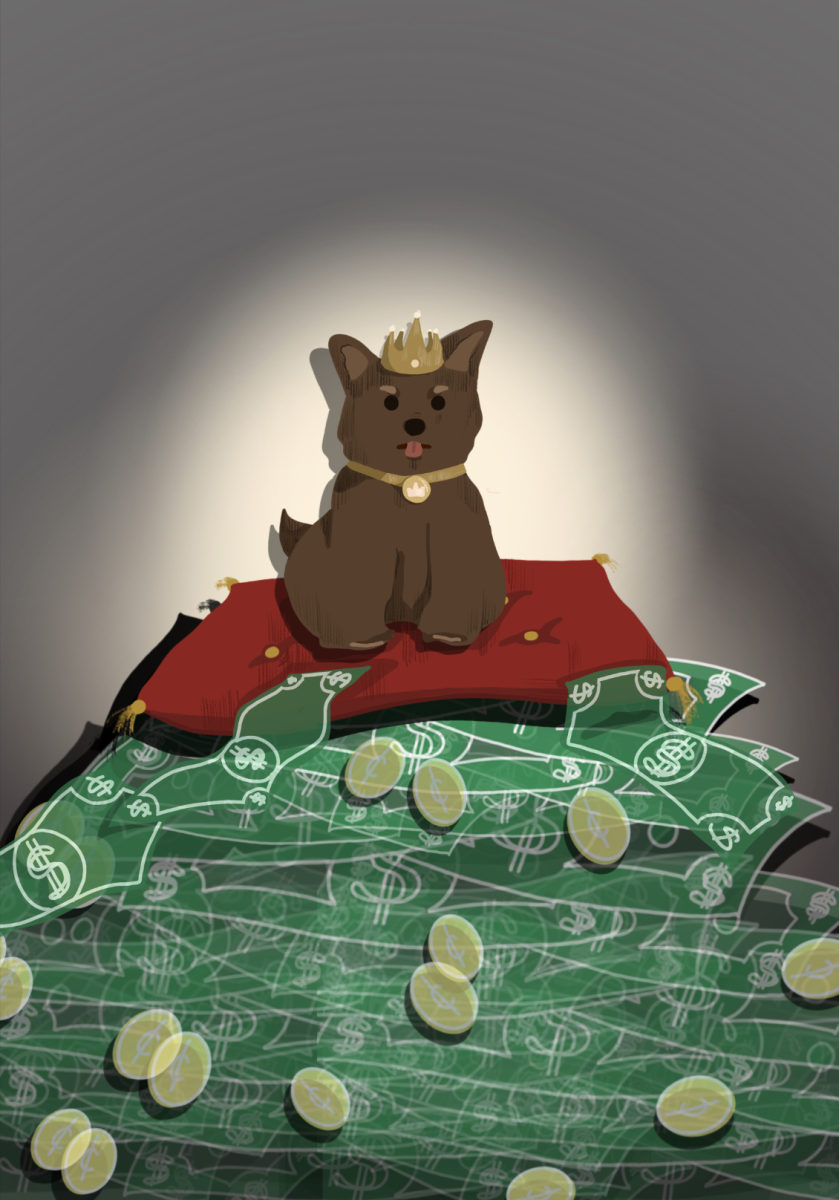


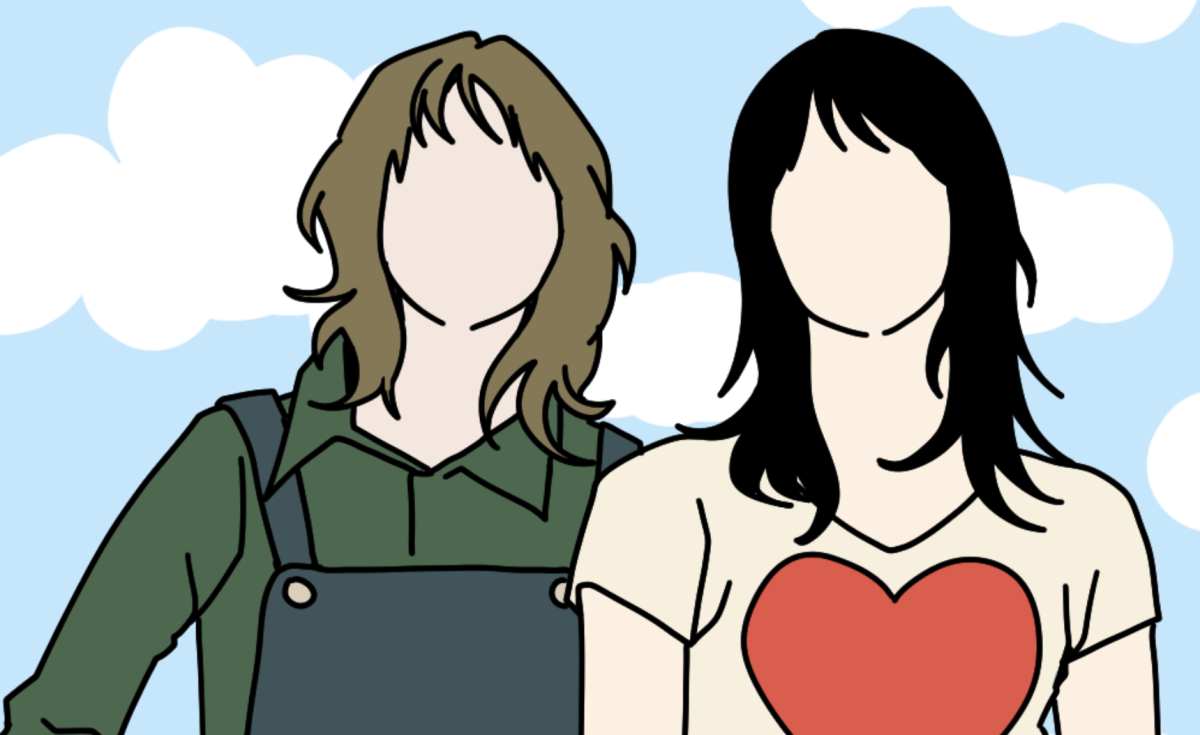



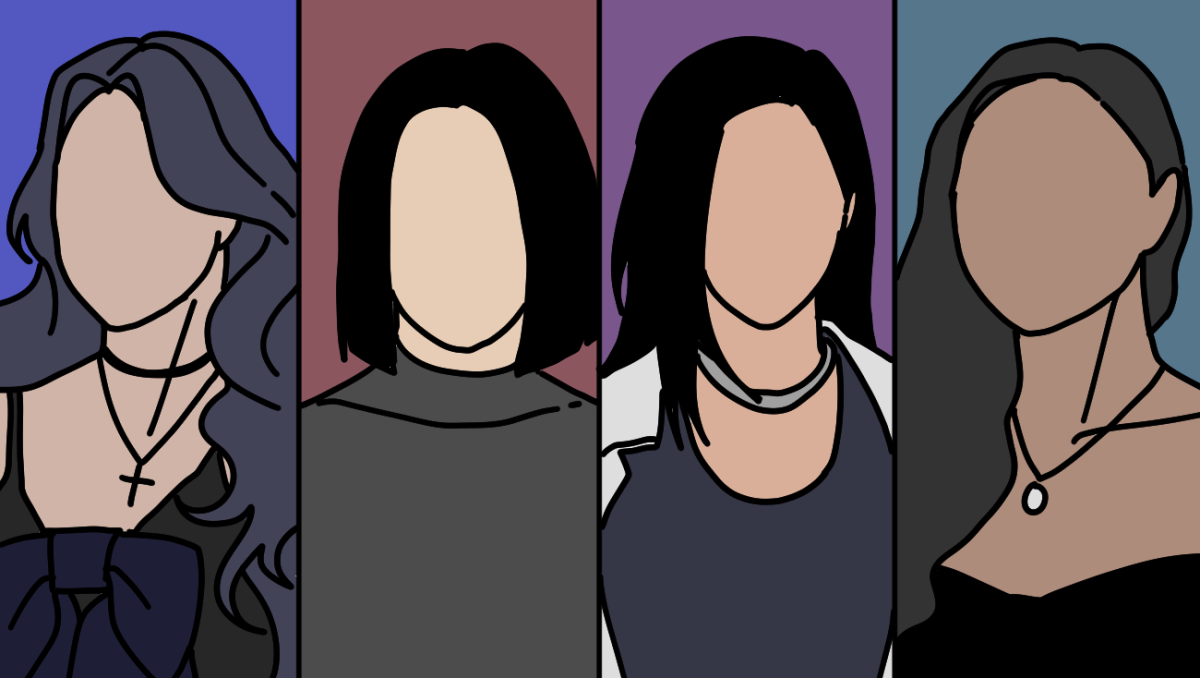
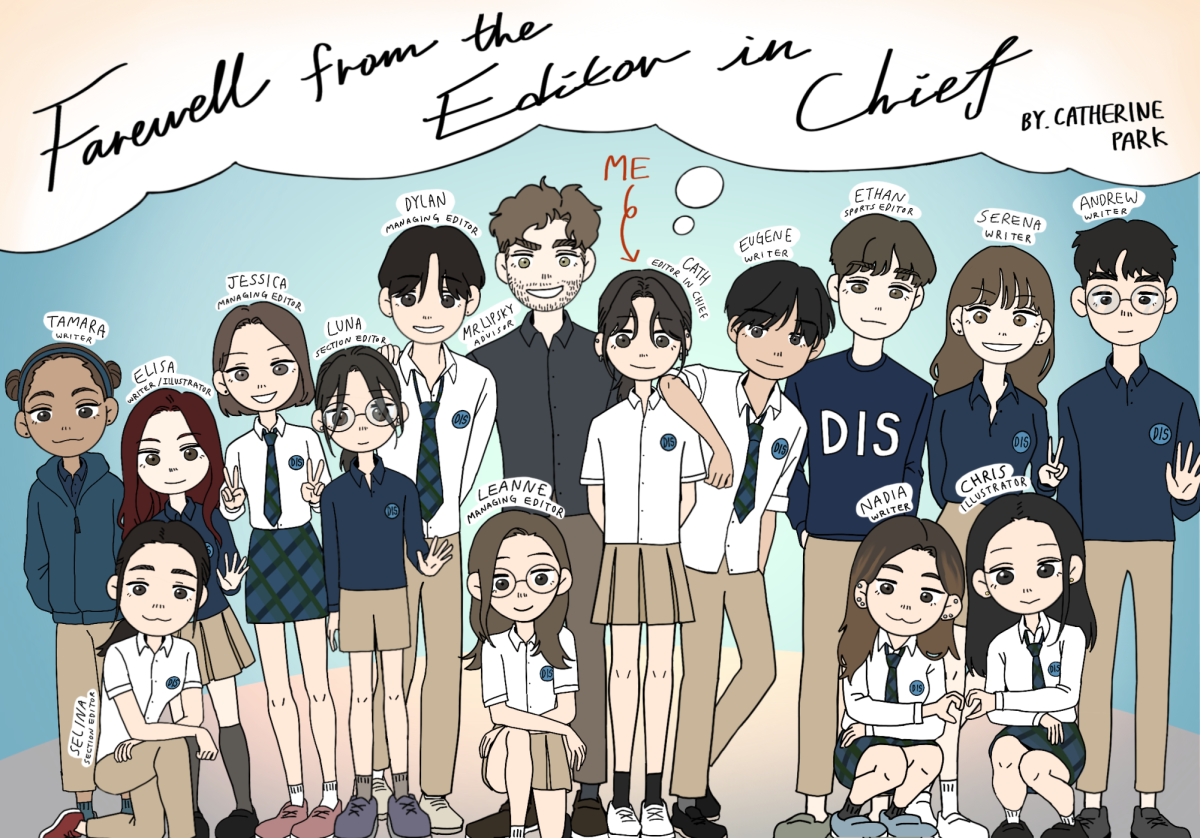

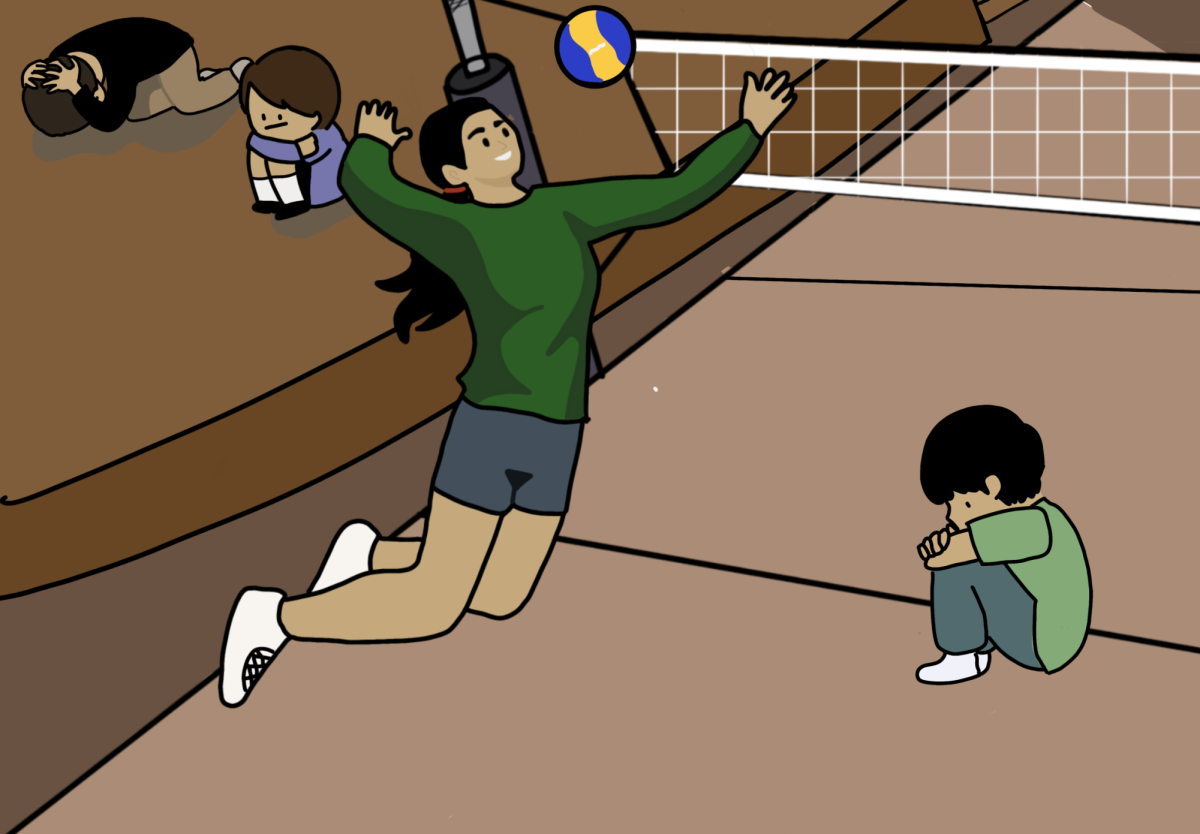
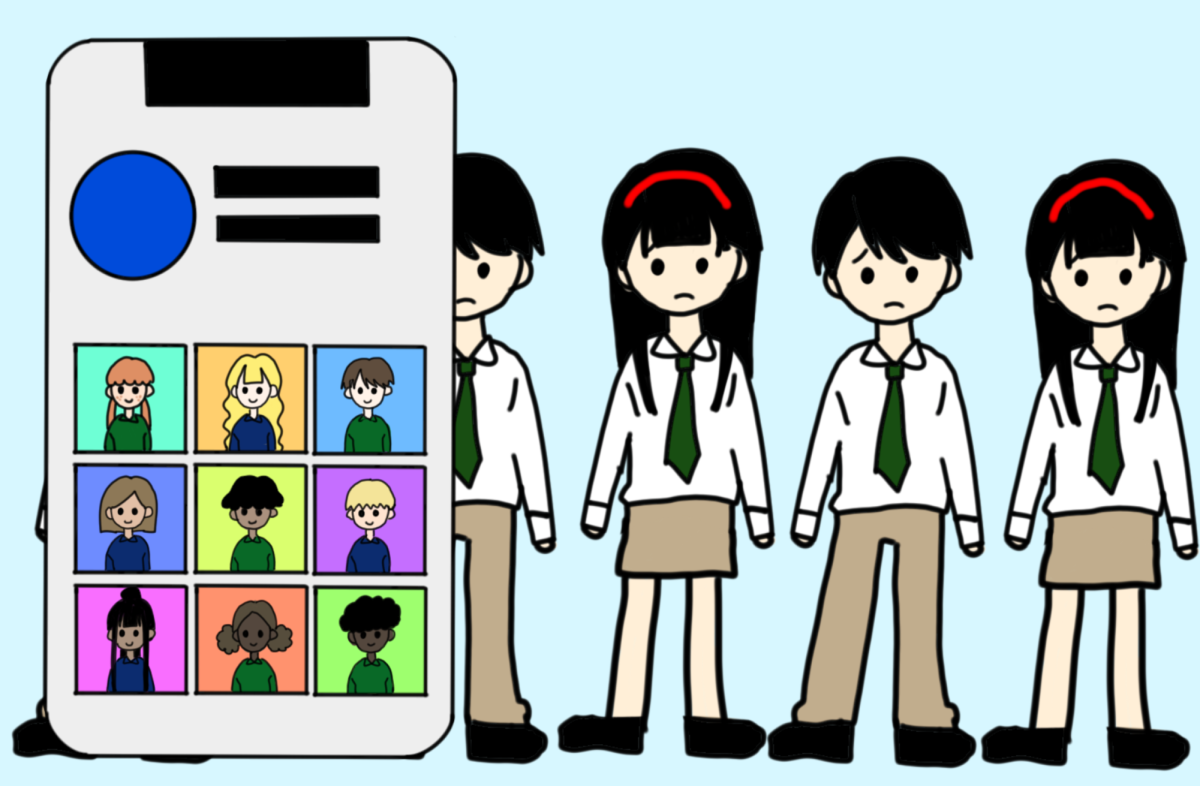

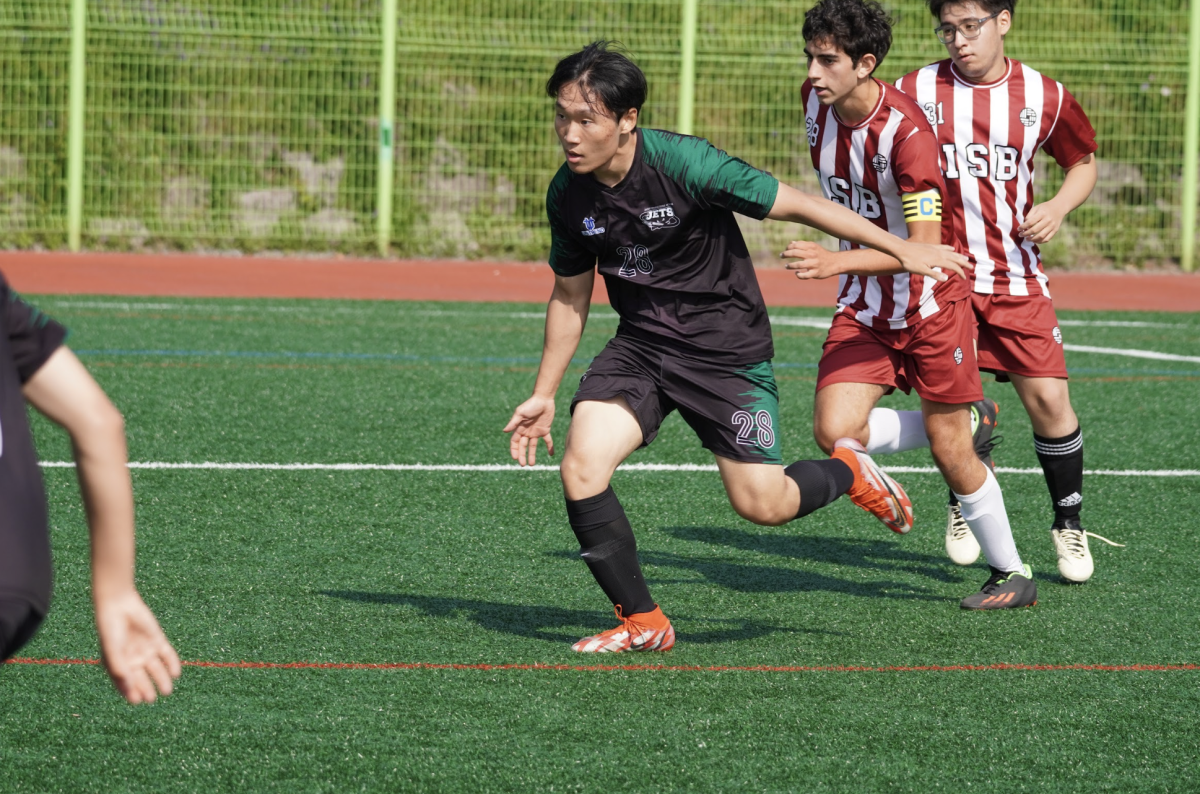
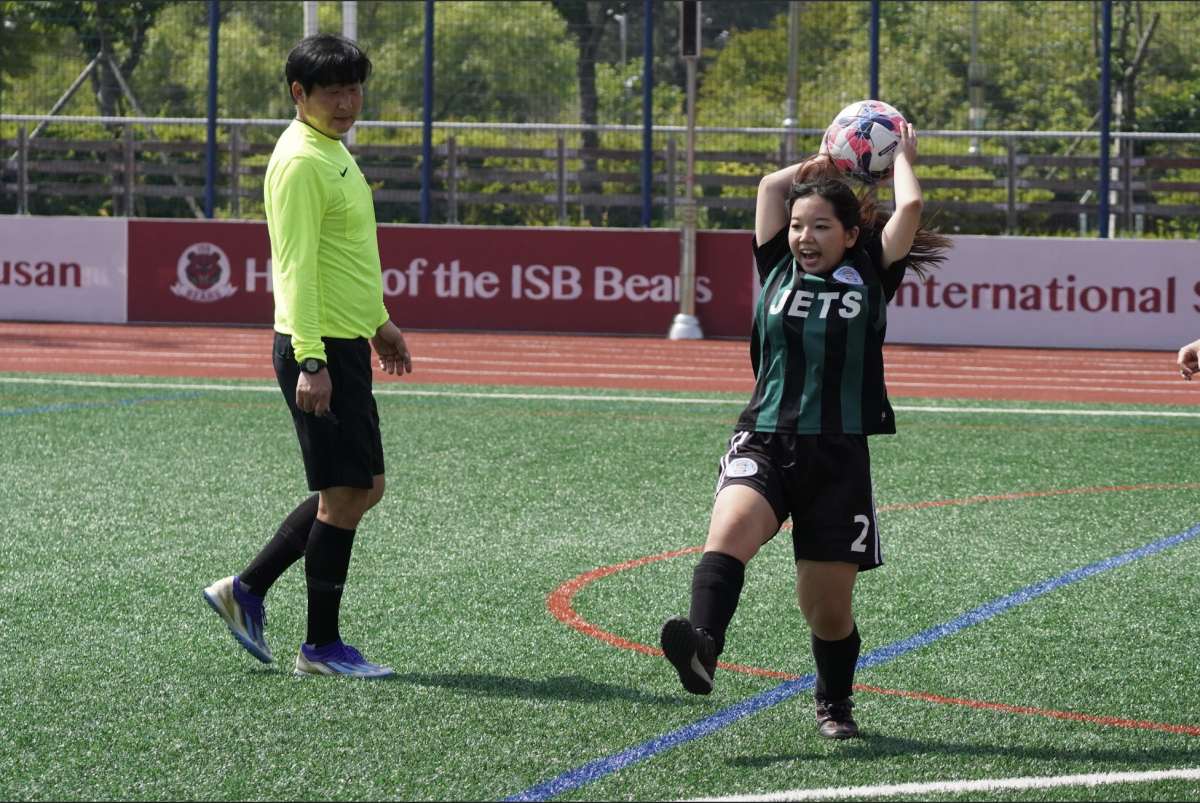
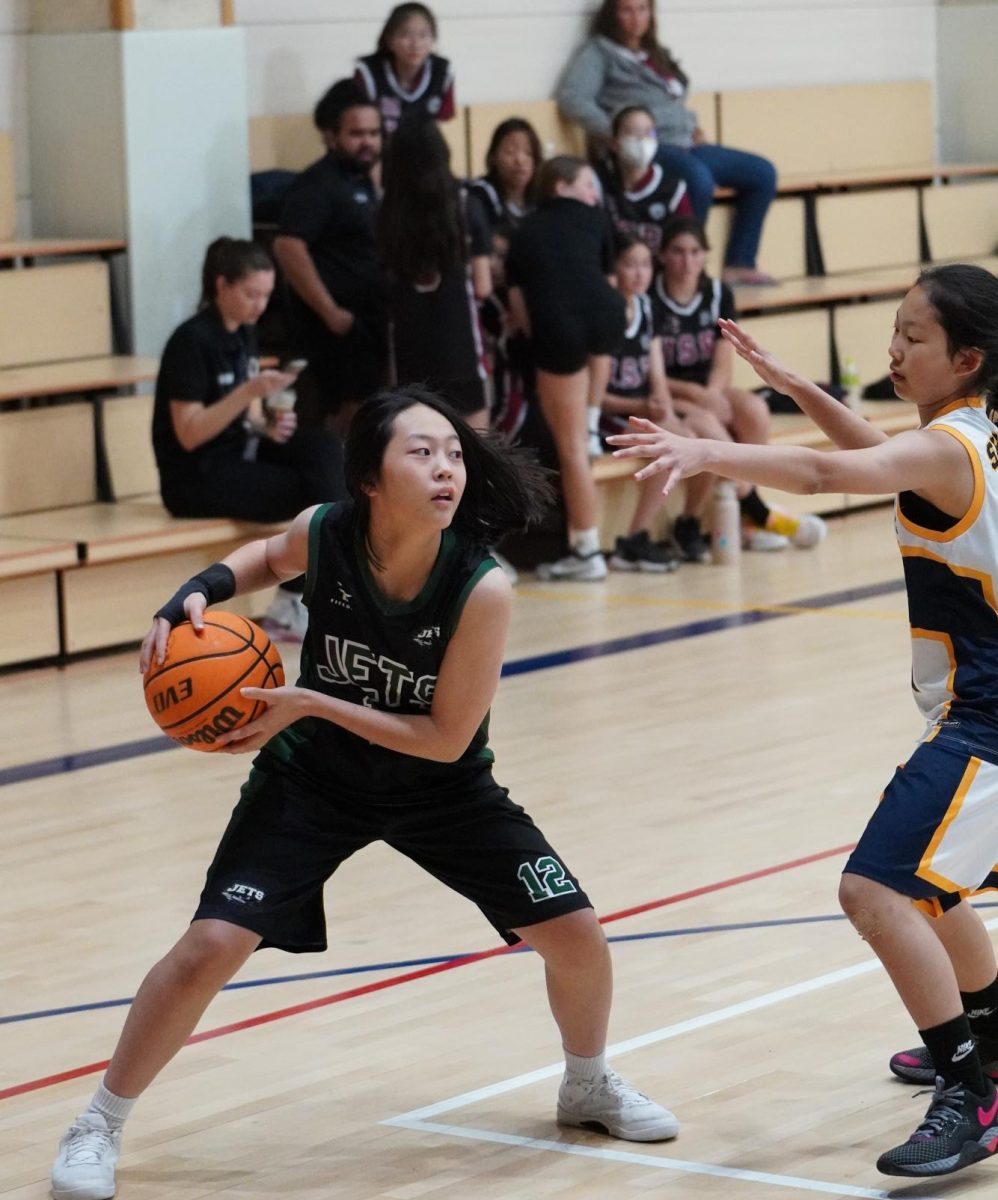
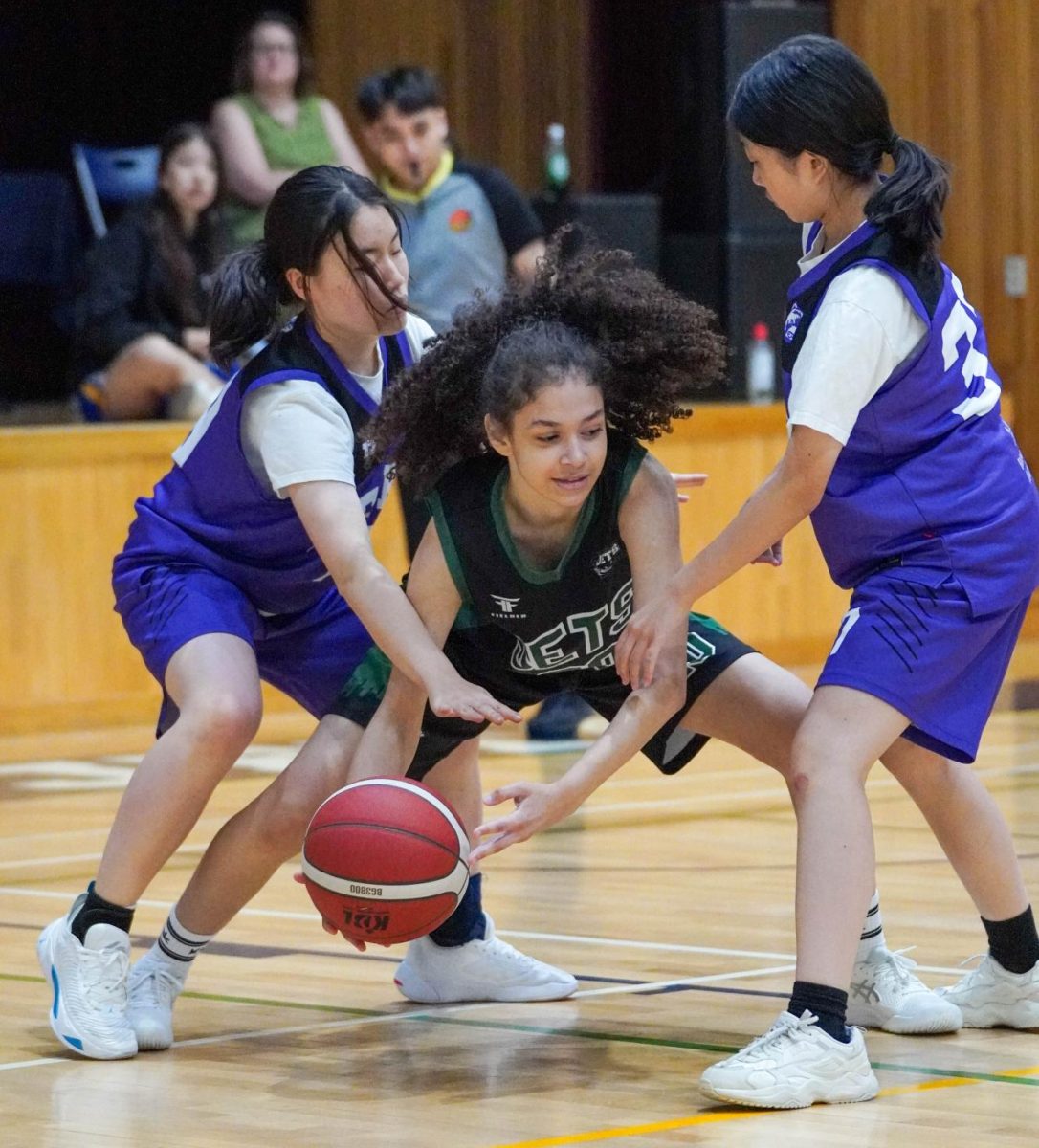

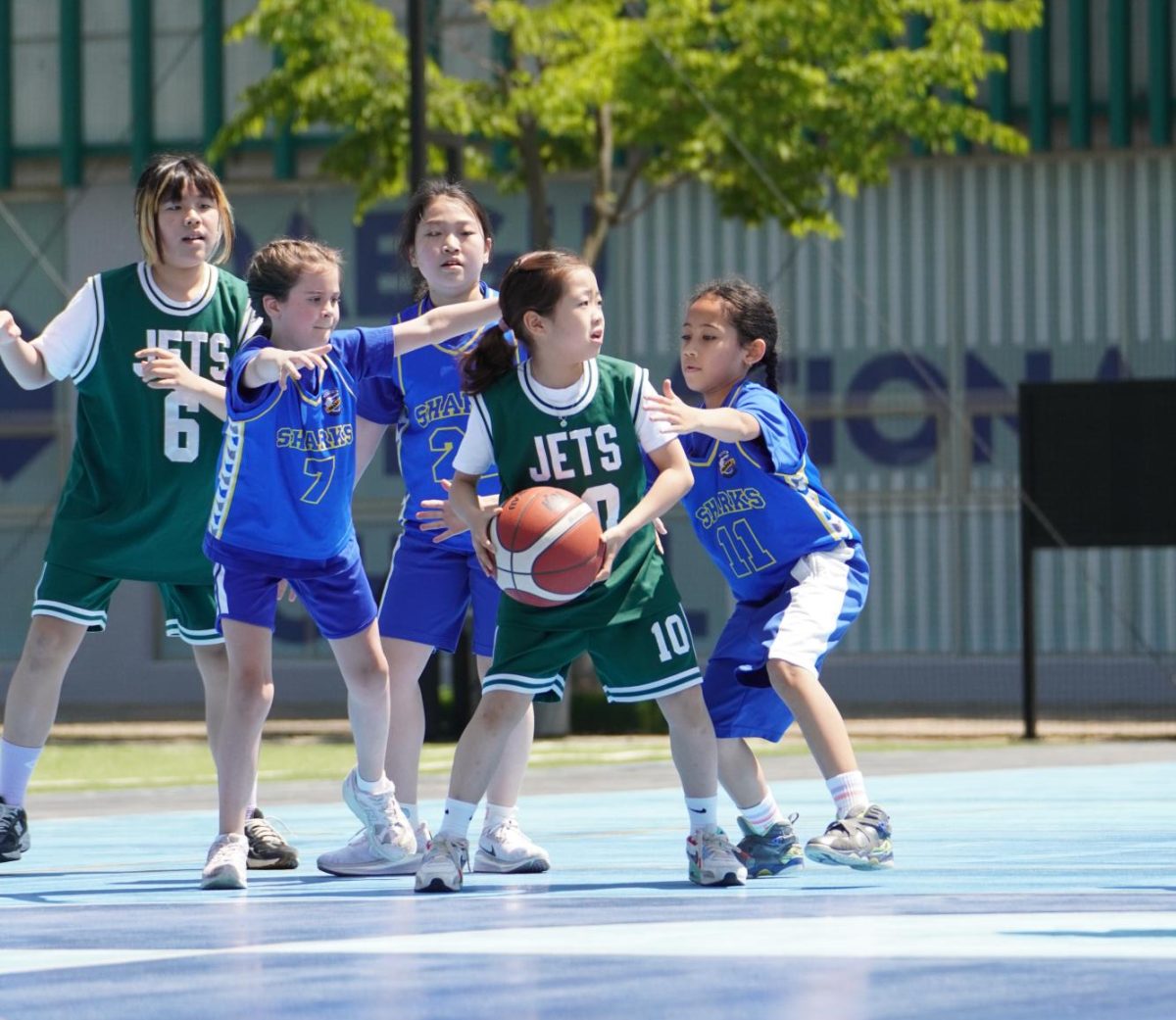
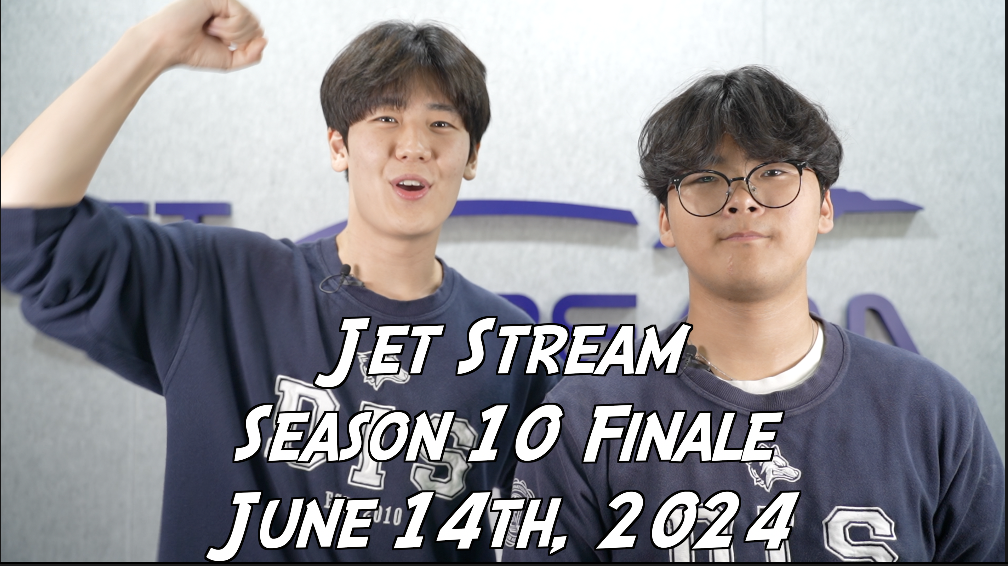
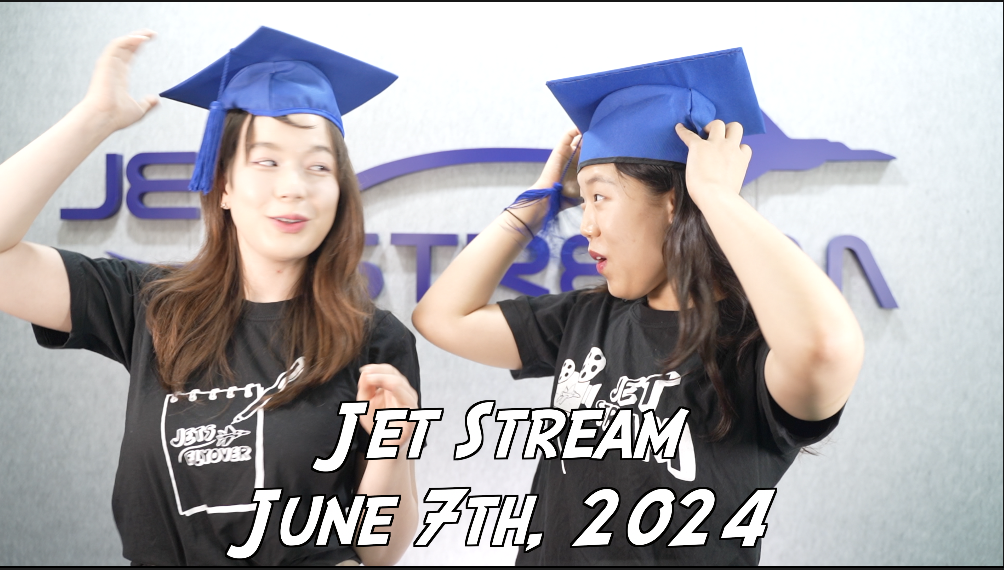
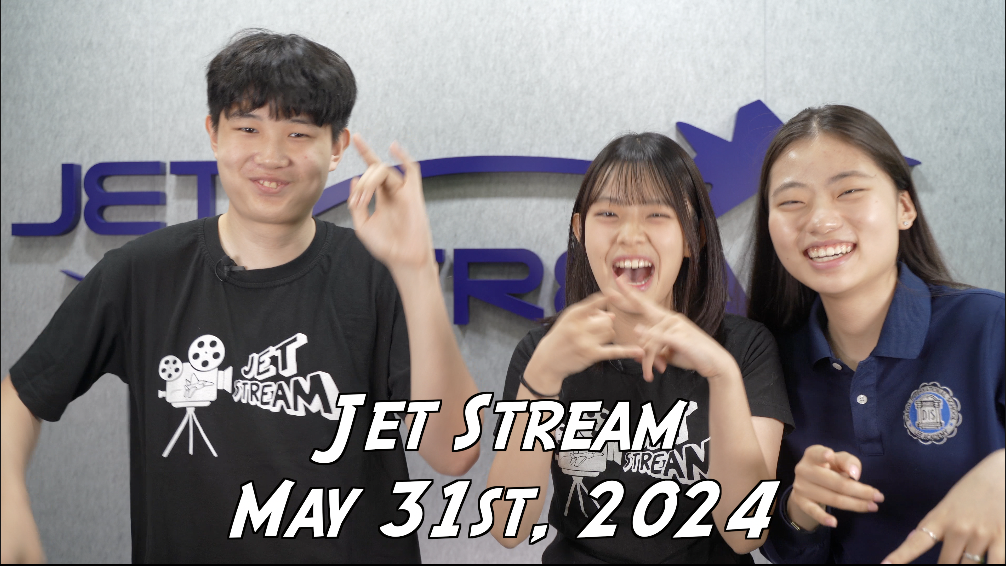


![[Podcast] Bet on Bonnie Episode 2: Sophie Lee](https://jetsflyover.com/wp-content/uploads/2024/05/jbspodcasts-1200x951.png)
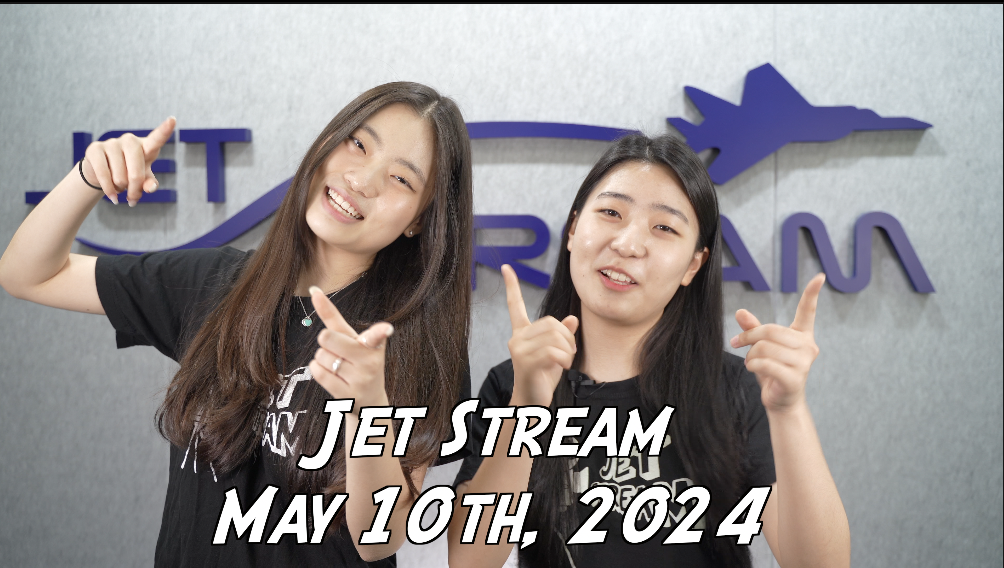
![[Podcast] Jets Jukebox Episode 1: Bleachers, Self-Titled](https://jetsflyover.com/wp-content/uploads/2024/04/Jets-Jukebox-LOGO-1-1200x1200.png)
![[Podcast] Eco-Lution Episode 3: Freshmen explore alternatives to paper straws](https://jetsflyover.com/wp-content/uploads/2024/03/Ecolution_Podcast_Logo-1200x1200.png)




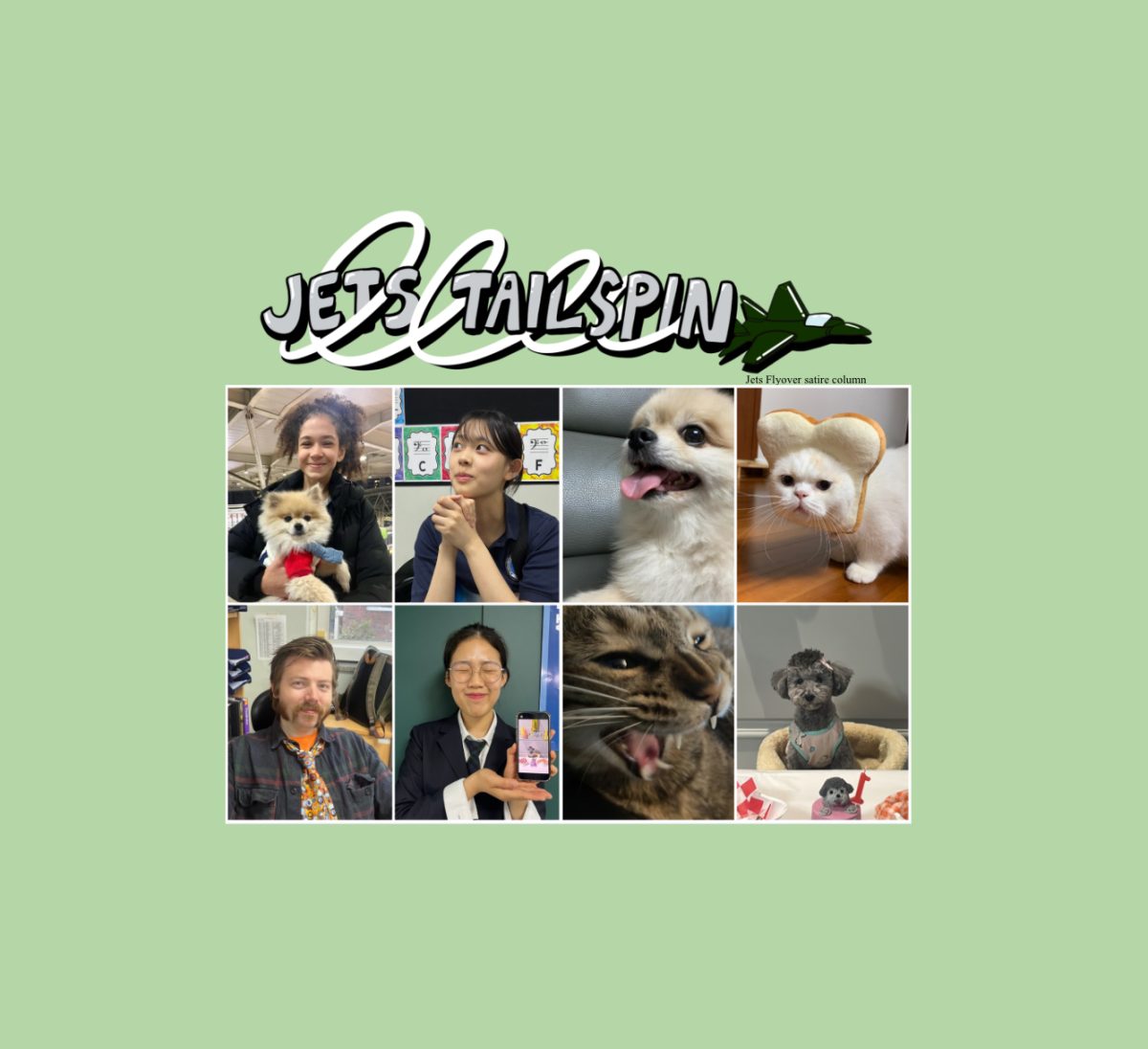

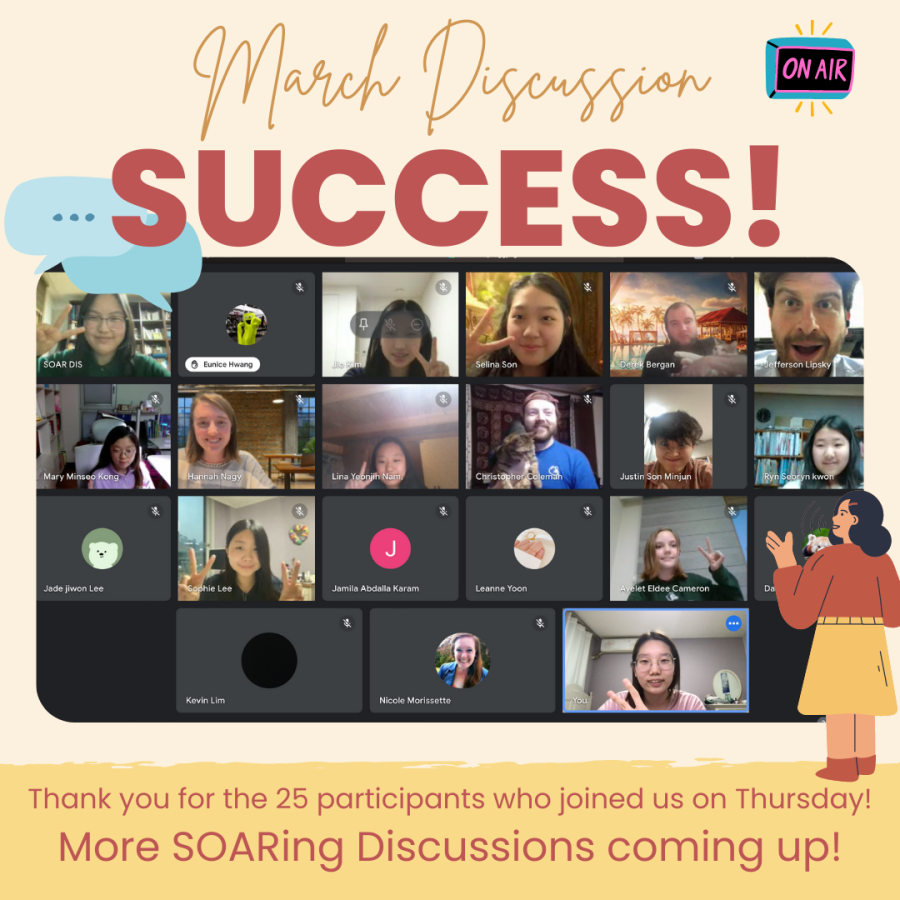
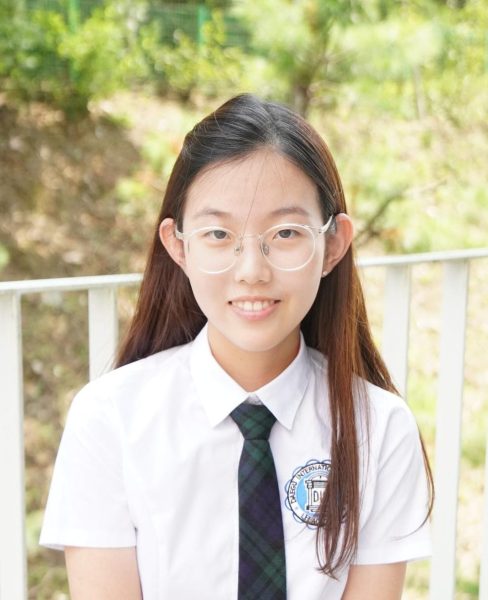
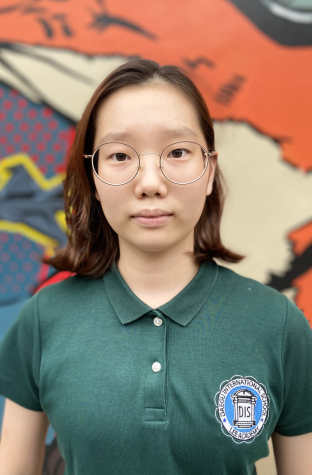
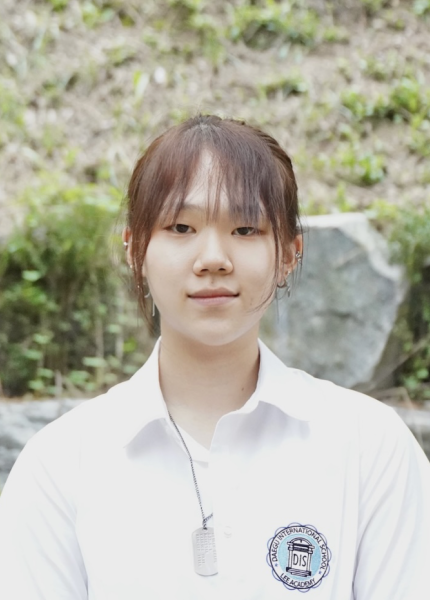

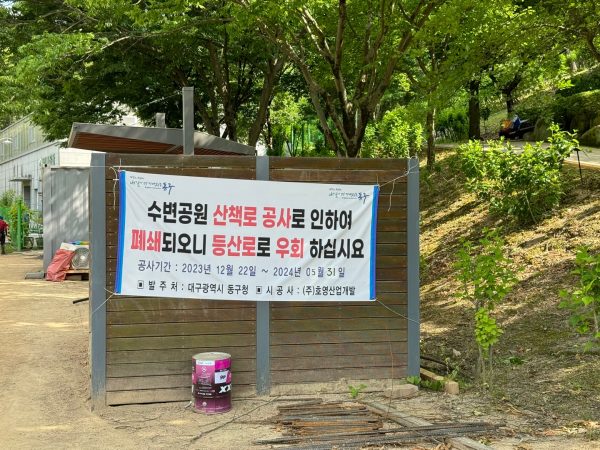
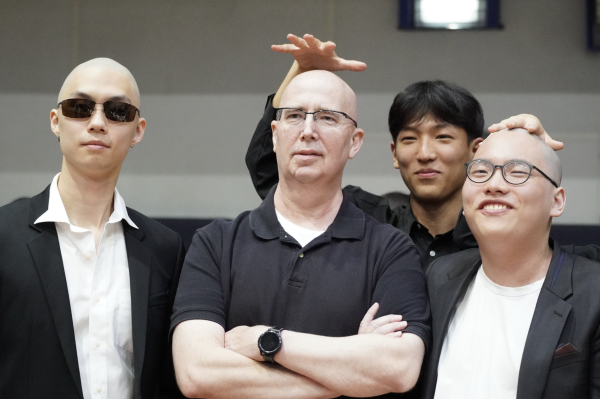



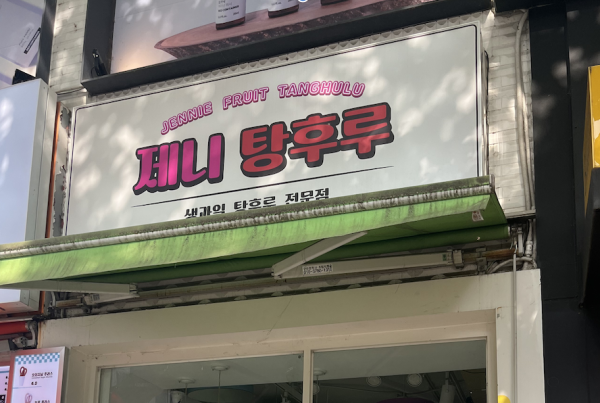
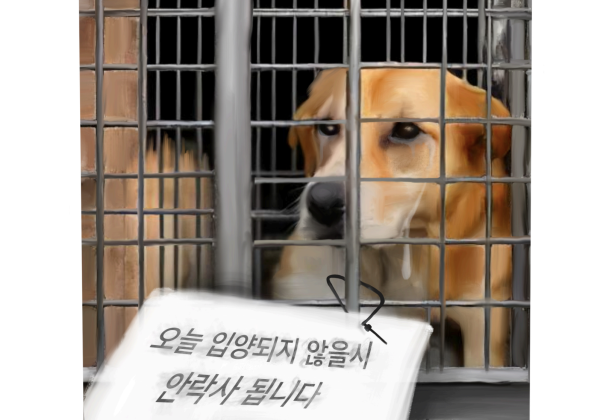
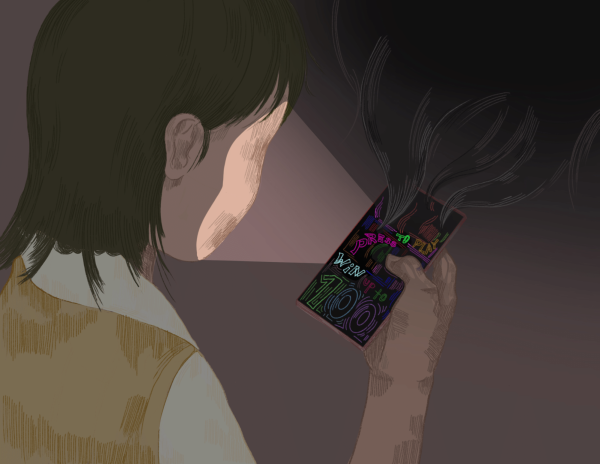

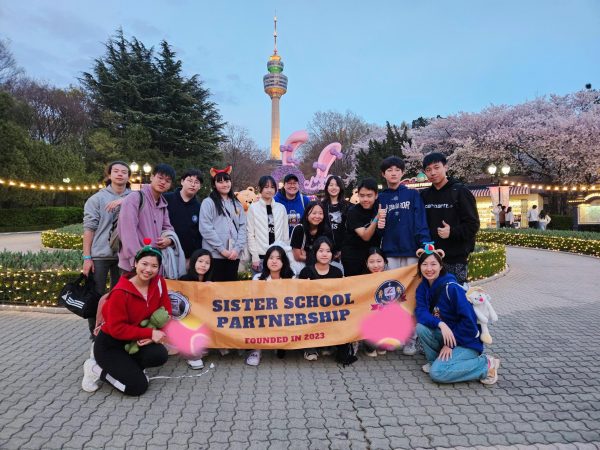




Daniel Beck • Mar 23, 2023 at 7:21 pm
It was so fun to join SOARing discussion! JOIN SOAR!!
Solah • Mar 23, 2023 at 12:56 am
LET”S GO SOAR!!!